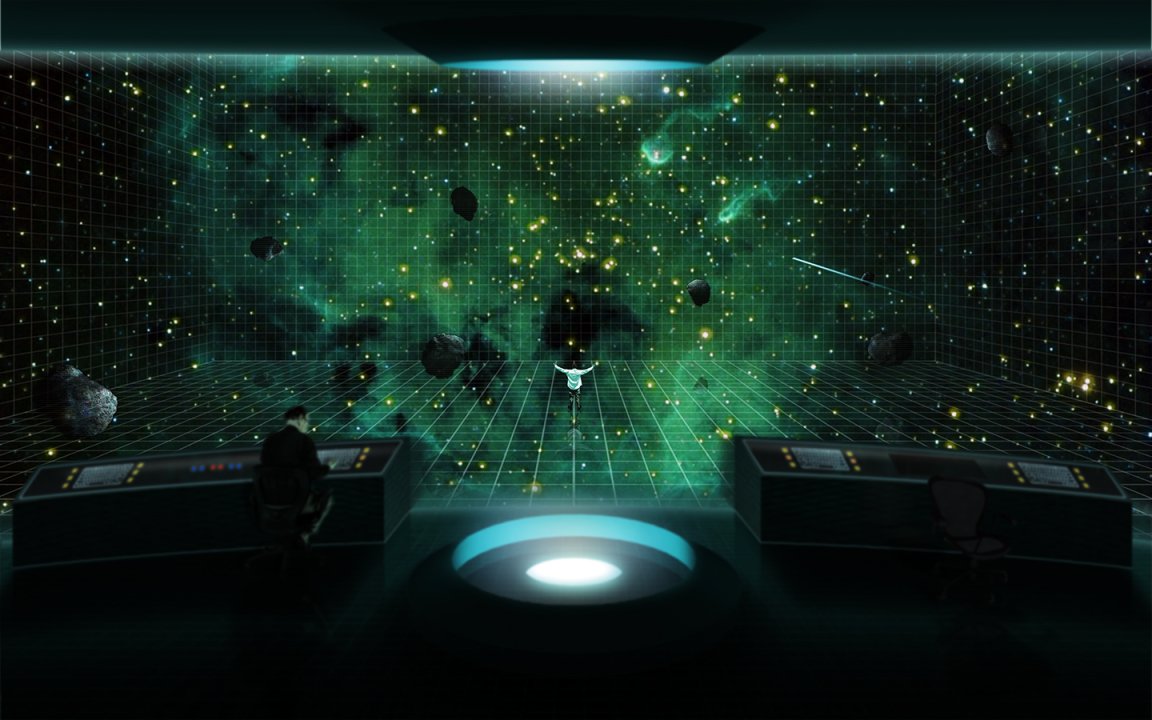
- To this day, however, the path from book to video game is often long and expensive. But what if, in the near future, computers could understand a text and convert it automatically into characters, situations, actions and objects depicted in a 3D virtual world, turning passive readers into active participants in a story?
- Over the past two-and-a-half years, the team has been evaluating the technology in two scenarios: children’s stories and patient education materials. The project website notably features a demonstration video of a conversion from a patient manual to a video game where the reader can walk around a hospital, get familiar with the admission process and better understand the treatments he will receive.
- This is the first major step towards commercialisation of such a groundbreaking technology. MUSE could have a tremendous impact on sectors such as the video game industry which could take advantage of its natural language processing method to simplify their development processes, or schools which could use it to make their teaching programs more effective and impactful.